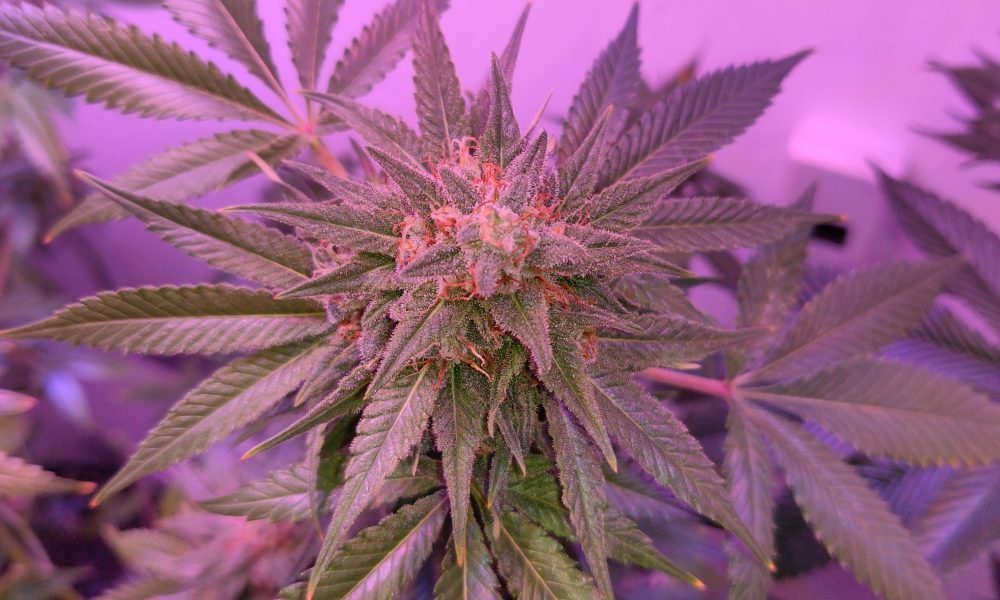The House passage of a bill to federally legalize marijuana this month marked a historic step forward for reform advocates. Yet amid the celebration, there are increasing concerns about certain language that was added to the legislation at the last minute that activists say undermines their social equity goals. Days before the floor vote, the Marijuana Opportunity, Reinvestment and Expungement (MORE) Act was amended in the form of a House Rules Committee Print. While the main thrust of the bill remained intact, including a tax to fund programs to repair the harms of the drug war, a provision was added requiring a federal permit to operate a “cannabis enterprise”—along with restrictions that could ban people with prior marijuana convictions from being eligible. That runs counter to the principles of social equity that advocates have been pushing for, arguing that it’s not enough to simply end prohibition and that communities most impacted by the enforcement of the war on drugs need to be specifically uplifted in the newly legal market. There are some nuances to the language, but in general what it says is that, under federal regulations, a permit must be issued in order for certain marijuana businesses to operate.
Kyle Jaeger, Marijuana Moment, 12/28/2020 06:05:00

